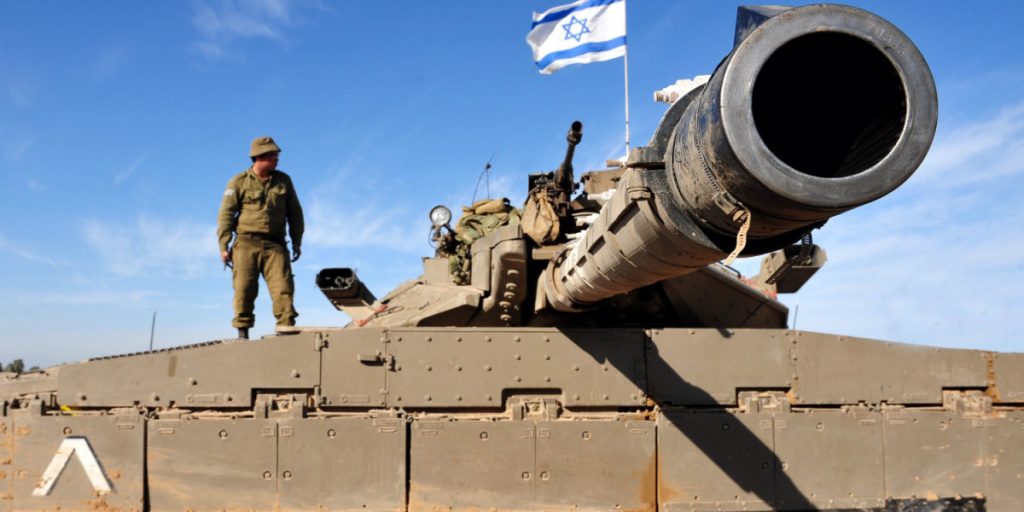Israeli forces launched one of the heaviest attacks on Gaza City since October 7.
Others are reading now
Early Monday morning, Israeli forces heavily bombarded Gaza City, with tanks advancing from different directions into the heart of the city.
Residents reported intense shelling and destruction in several areas.
Heavy Casualties
According to a Reuters report, the Gaza Civil Emergency Service estimates that the attack has caused dozens of deaths.
However, they have been unable to confirm the exact number of casualties because emergency teams cannot reach the affected areas. Ongoing military actions in Daraj and Tuffah in the east, and Tel Al-Hawa, Sabra, and Rimal in the west, are preventing access.
Also read
Residents said Israeli tanks had been stationed in parts of Tel Al-Hawa and Sabra but had not moved deeply into other districts. Bombing throughout the night caused significant damage to buildings.
Abdel-Ghani, a Gaza City resident, described the situation: “The enemy is behind us and the sea is in front of us, where will we go?”
He added, “Tank shells and missiles from planes are falling on roads and houses like hell from a volcano. People are running in all directions and no one knows where to go.”
Israeli Military Operations
The Israeli military said it was targeting militant infrastructure in Gaza and claimed to have neutralized over 30 fighters.
This latest offensive comes as Egypt, Qatar, and the United States try to mediate a ceasefire between Israel and Hamas, with the conflict now in its tenth month.
Tanks advanced from at least three directions, forcing thousands to flee their homes. Many sought shelter in vain, with some sleeping on the roadside.
Medics at Al-Ahli Arab Baptist Hospital had to move patients to the already crowded Indonesian Hospital in northern Gaza.
Background and Ceasefire Negotiations
The conflict began on October 7 when Hamas fighters attacked southern Israel, killing 1,200 people and taking around 250 hostages, according to Israeli figures. Gaza health officials report over 38,000 Palestinian deaths due to Israel’s military offensive.
There was renewed hope for a ceasefire after Hamas accepted part of a U.S. proposal, leading an Israeli negotiator to suggest a deal was possible. Hamas agreed to negotiate a permanent ceasefire during the first six-week phase of the agreement.
But Israeli Prime Minister Benjamin Netanyahu insisted that any deal must allow Israel to continue its military objectives against Hamas.
U.S. Central Intelligence Agency Director William Burns is set to meet with the Qatari prime minister and intelligence chiefs from Israel and Egypt in Doha on Wednesday to discuss the situation.


